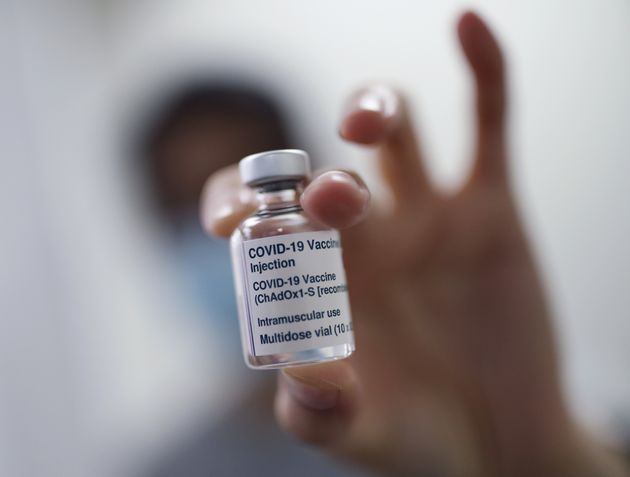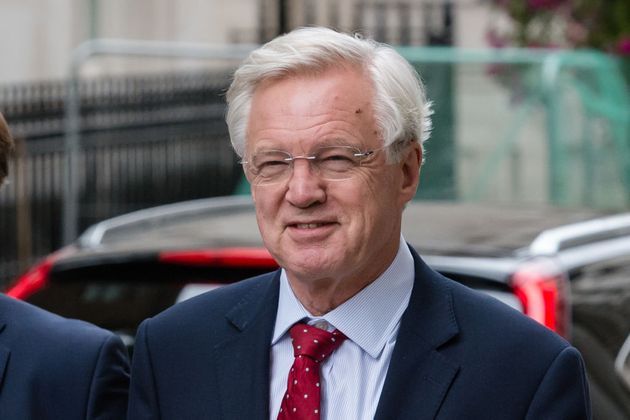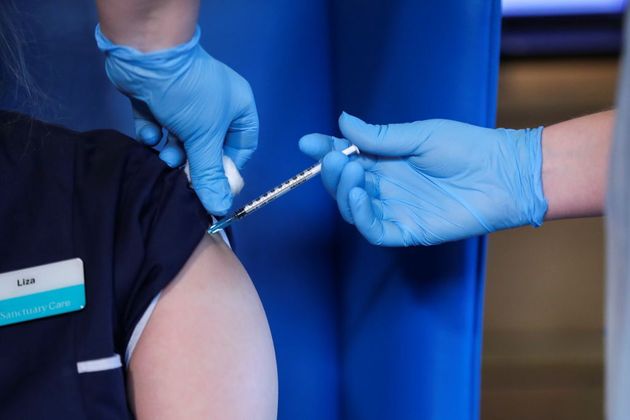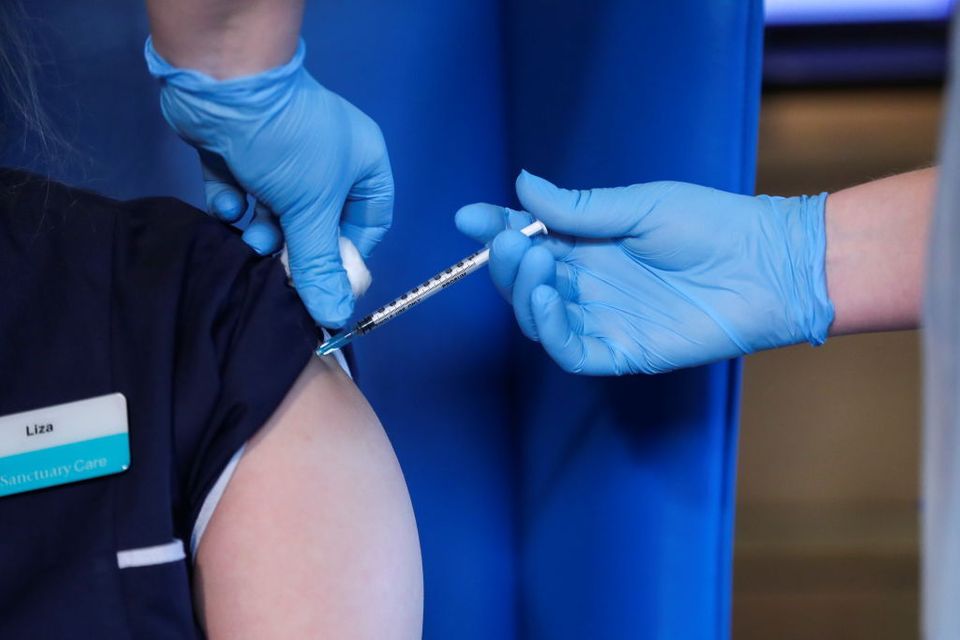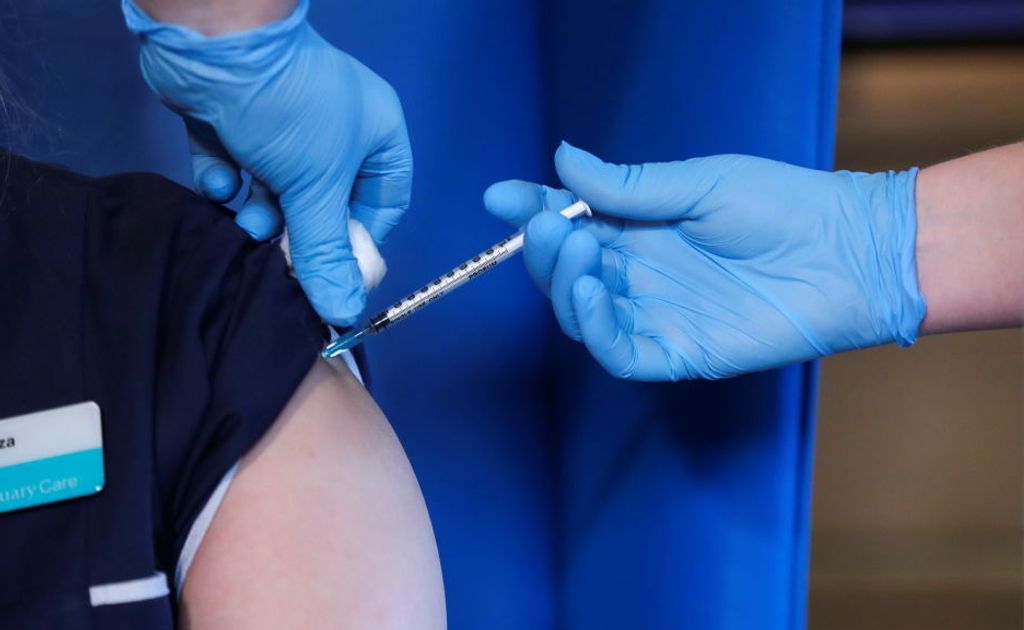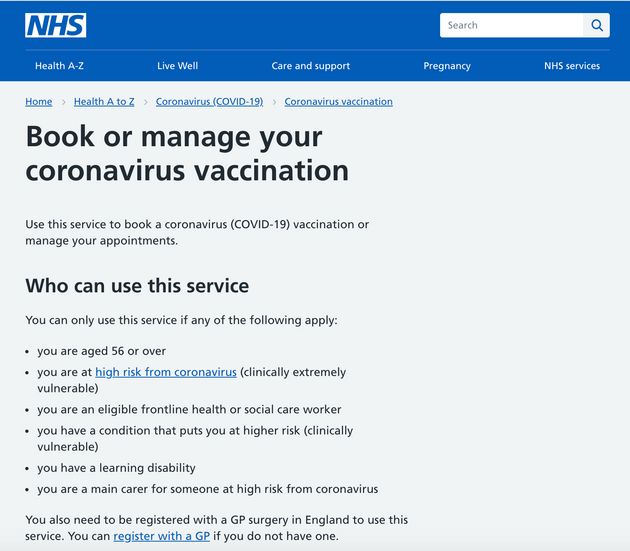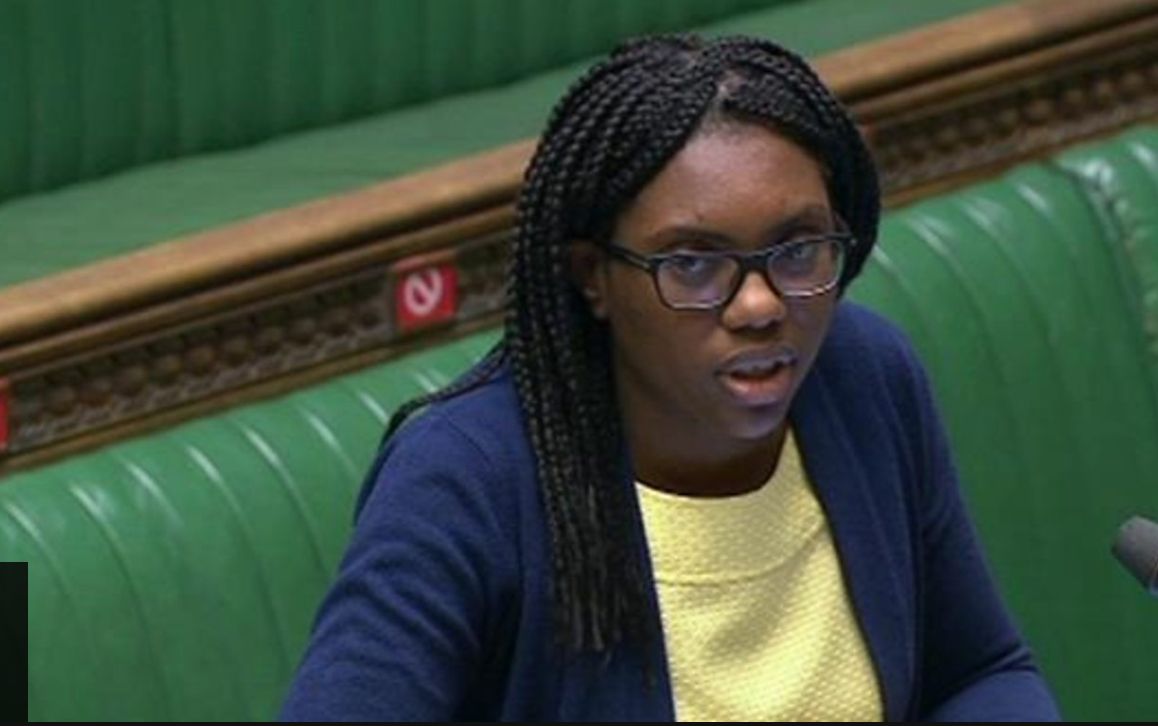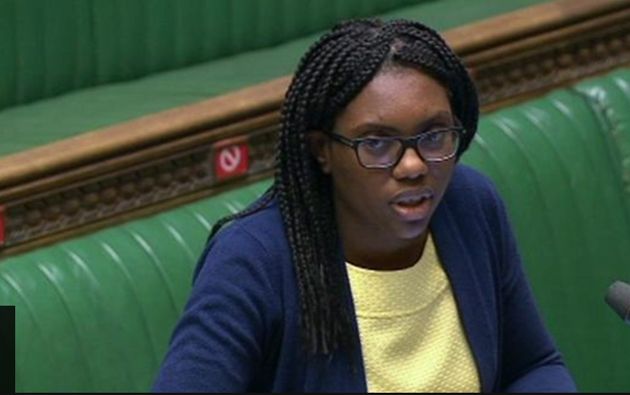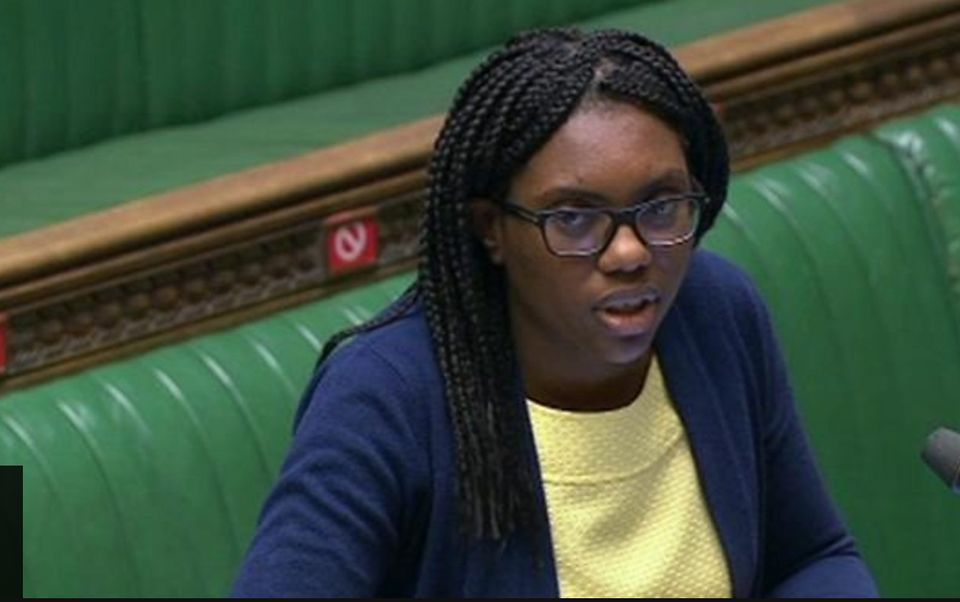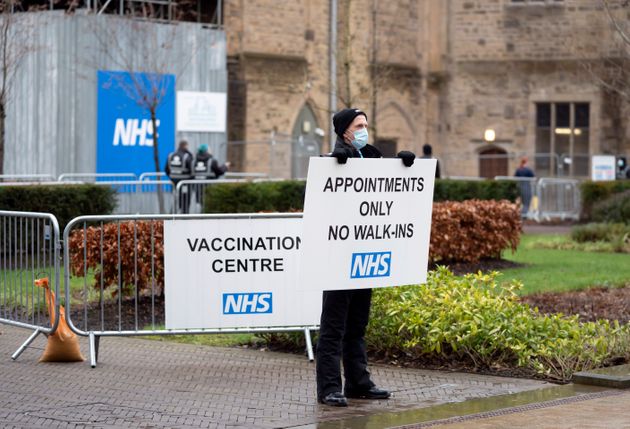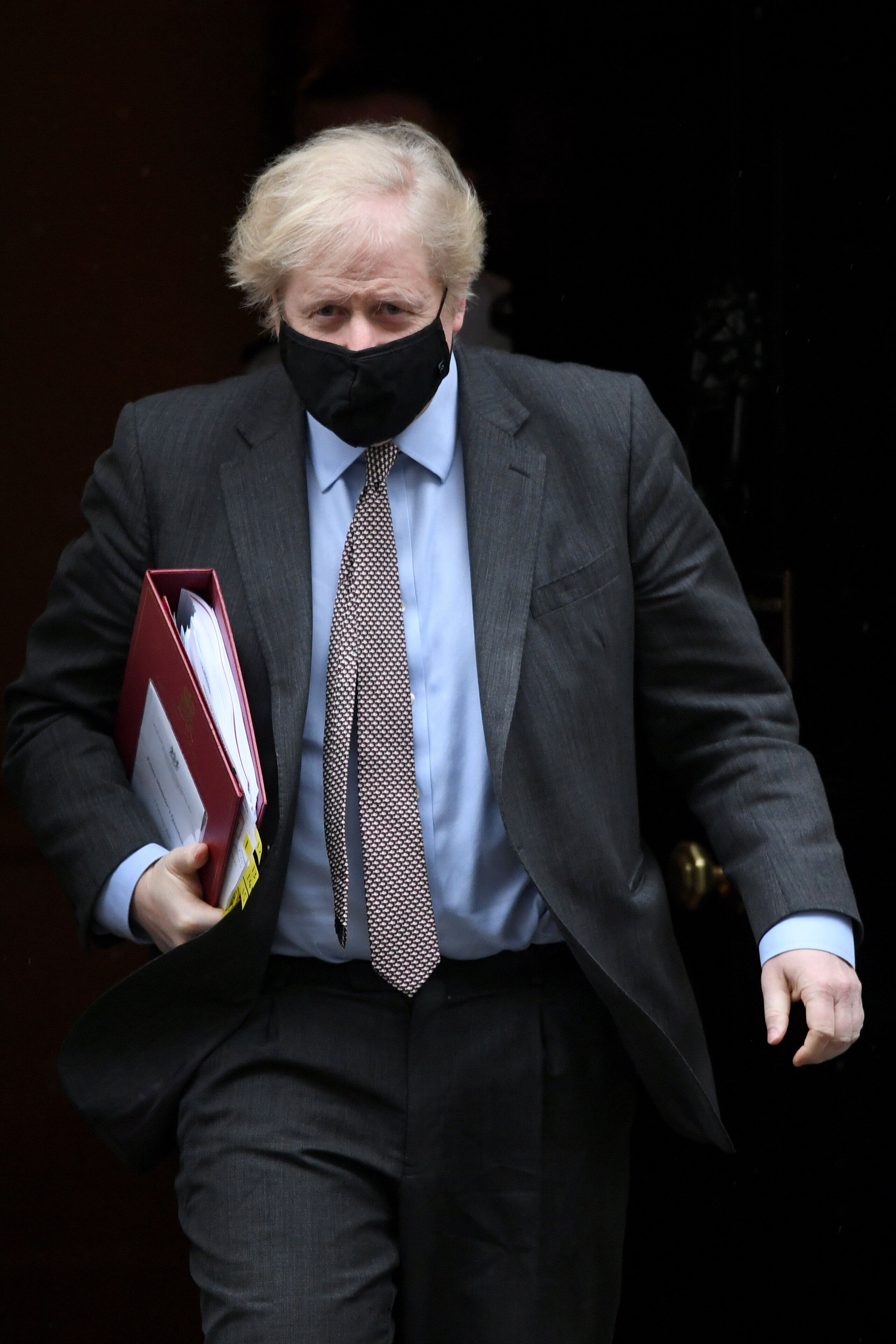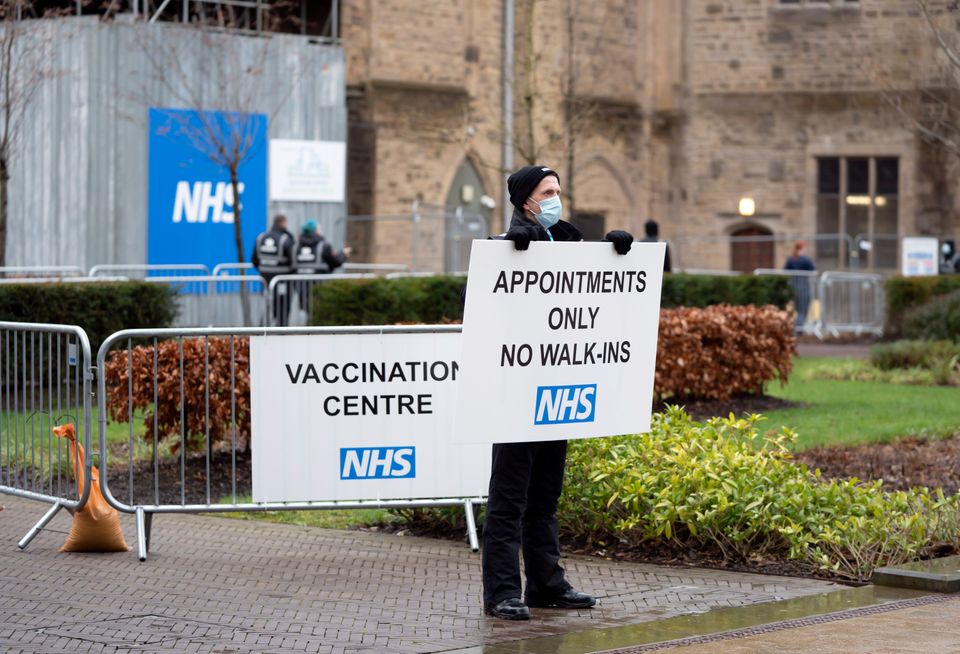
The news that under-30s may be offered a different vaccine to the AstraZeneca jab (where possible) will understandably leave some people questioning what effect that will have on the vaccine schedule.
After all, around 8.5 million people will need to be offered either the Pfizer or Moderna vaccine instead – and that’s not a small group. So, does this mean the end of July deadline for all UK adults to be offered the jab will be pushed back?
For now, the answer is no. The government has confirmed to HuffPost UK it stands by its end of July deadline date.
So far, more than 31 million first doses and over five million second doses have been issued in the UK. At the end of March, the government said half of the UK’s adult population had been vaccinated.
There are thought to be more than 66m people living in the UK – this includes about 12m children (aged 16 and under) who are not yet eligible for vaccines. That leaves around 54m adults who need to be vaccinated with two doses. If we’ve already issued 31m first doses, we’re left with 23m people waiting for their first dose in the next few months.
Different countries within the UK are working at different timeframes, which makes things slightly more complicated. For example, the NHS in England and Scotland is still trying to get the over-50s vaccinated, while in Wales, all of this group have been offered their first dose. In Northern Ireland, those aged 40-45 are now eligible for vaccination, according to the BBC.
Here’s a rough timeline of how the Covid vaccine programme could pan out in the coming months.
April
It’s likely many of the doses issued in April will be among those who are expecting a second dose. This is due to a large batch of AstraZeneca vaccines needing to be retested and a delay in a shipment from India.
That said, the Moderna vaccine is being rolled out in Wales, meaning some will be given their first dose of the jab. Initially, it’s likely people from the key priority groups who haven’t yet been given their vaccine will be prioritised, followed by the under-50s.
The UK government has an aim of ensuring everyone aged 50 and over is called up to be vaccinated by April 15. The Joint Committee on Immunisation and Vaccination (JCVI) has said once the over-50s have been given their first dose, those aged 40-49 should be next in line.
May
If you’re 49 and under – without an underlying medical condition – you’re likely to have your first jab near the end of April, or into May.
When the UK government announced the vaccine slowdown, it confirmed people in their 40s are likely to have to wait until May to get their jab.
Based on the rate people have been vaccinated so far, it could be fair to assume the 40-49 cohort might’ve been jabbed by the end of May. However, the Department of Health and Social Care (DHSC) would not provide a rough timeframe when HuffPost UK asked.
It’s hoped supply will be back up and running by May, and in addition to the AstraZeneca and Pfizer jabs, the NHS will also be rolling out the Moderna vaccine more widely.
Two other vaccines are also being assessed by the Medicines and Healthcare products Regulatory Agency (MHRA) that could help speed things up. According to reports, Novavax could be approved for use soon, while the Johnson & Johnson jab (a single dose shot) is also awaiting approval.
June
Based on how quickly the vaccines have been issued so far in 2021 – and the impending deadline of getting everyone invited for vaccination by the end of July – those in the 30-39 bracket could be called up for the jab in June if they don’t have an underlying health condition.
July
All being well, it makes sense that the last group to be vaccinated – the 18-29 year olds – are likely to be waiting until the end of June, and into July, to get the jab – depending on how quickly the vaccines are rolled out in the earlier months.
Health secretary Matt Hancock told Sky News 1.6m of this cohort have already received their first jab (because they have underlying conditions or are unpaid carers). He said the remaining 8.5m would be able to say if they would prefer to have the Pfizer or Moderna vaccine when the time comes – saying there will be enough of each to go around.
The change has been made because the Joint Committee on Vaccination and Immunisation (JCVI) altered its recommendations for the under-30s over a very rare risk of blood clots linked to the AstraZeneca vaccine.
Even with the change in guidance surrounding the under-30s, and the various delays in shipments throughout April, the government says it’s on track to offer jabs to all adults over the age of 18 by the end of July.
“When people are called forward, they should get their jab,” a spokesperson said. “Vaccines are the best way out of this pandemic and provide strong protection against Covid-19.”



